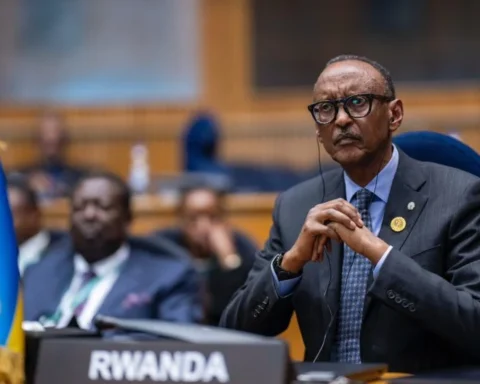Tanzania has made a modest but notable step forward in global press freedom rankings, moving from 97th to 95th in the 2025 World Press Freedom Index, as published by Reporters Without Borders (RSF).
The improvement, though slight, reflects ongoing national efforts to cultivate a more open media environment.
Despite climbing two places, Tanzania’s overall score dropped slightly—from 54.80 in 2024 to 53.68 in 2025—highlighting the complex and uneven nature of media reform across the country.
The progress is largely credited to initiatives led by the government and media stakeholders aiming to address long-standing restrictions. Among these is the review of the Media Services Act of 2016, which has been heavily criticized for its impact on freedom of the press. Current reforms seek to align Tanzania’s media policies with international human rights standards.
Also Read; Ghana Surpasses SA To Become Africa’s Leading Gold Producer
Efforts to foster better working conditions for journalists are also underway. From legal aid access to safety training and ethics workshops, these changes aim to protect journalists and ensure they can report without fear of intimidation or harassment.
However, RSF’s report indicates that challenges remain. Some journalists still face threats, legal uncertainty, and economic pressures that impact their ability to work independently. In this context, Tanzania’s upward movement in the rankings is encouraging, but not yet transformative.
Globally, press freedom continues to decline. The 2025 Index reveals that the average global score has reached a record low, driven by growing political interference, disinformation, and physical threats against media workers. Against this backdrop, Tanzania’s incremental progress is viewed as a positive signal—though more robust measures will be needed to sustain and expand it.







